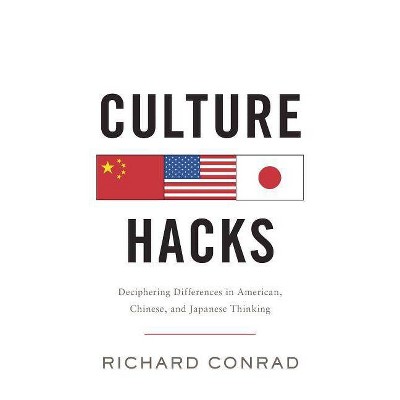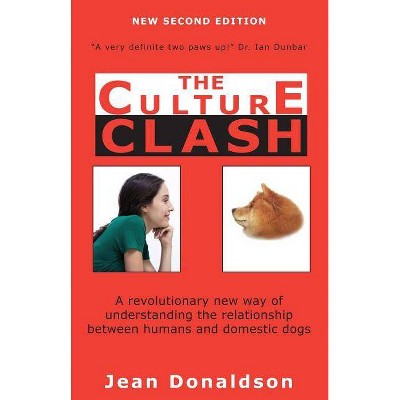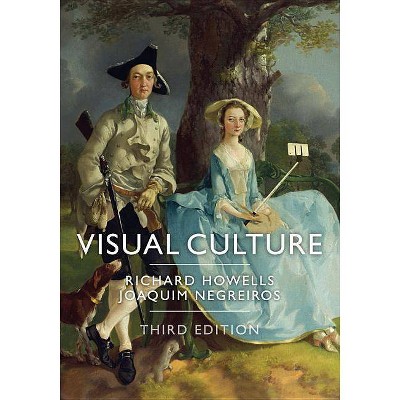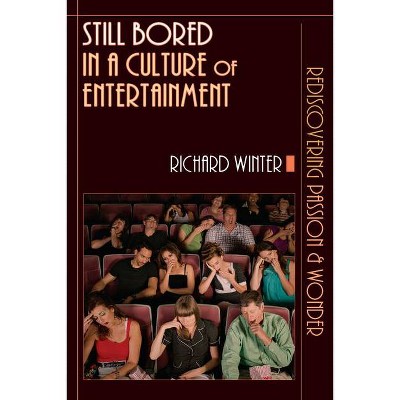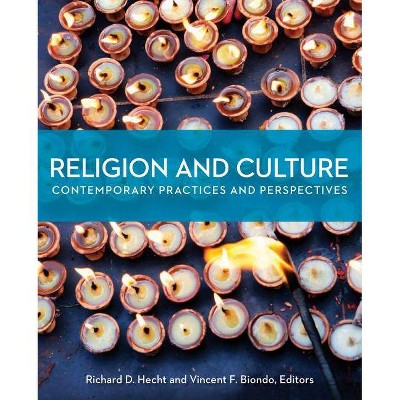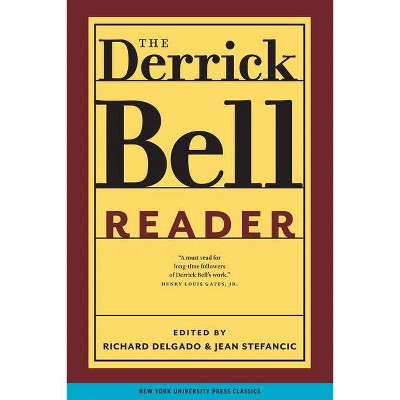Redlining Culture - by Richard Jean So (Paperback)
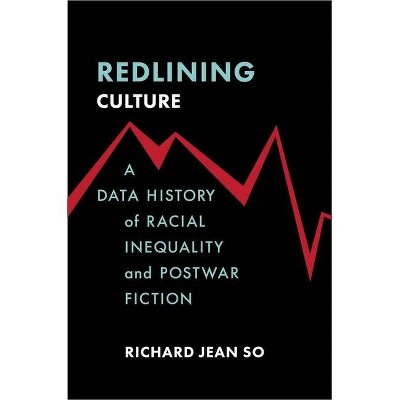
Similar Products
Products of same category from the store
AllProduct info
<p/><br></br><p><b> About the Book </b></p></br></br>Richard Jean So draws on big data, computational methods, literary history, and close readings to offer an unprecedented analysis of racial inequality in American publishing that reveals the persistence of an extreme bias toward white authors.<p/><br></br><p><b> Book Synopsis </b></p></br></br>The canon of postwar American fiction has changed over the past few decades to include far more writers of color. It would appear that we are making progress--recovering marginalized voices and including those who were for far too long ignored. However, is this celebratory narrative borne out in the data? <p/>Richard Jean So draws on big data, literary history, and close readings to offer an unprecedented analysis of racial inequality in American publishing that reveals the persistence of an extreme bias toward white authors. In fact, a defining feature of the publishing industry is its vast whiteness, which has denied nonwhite authors, especially black writers, the coveted resources of publishing, reviews, prizes, and sales, with profound effects on the language, form, and content of the postwar novel. Rather than seeing the postwar period as the era of multiculturalism, So argues that we should understand it as the invention of a new form of racial inequality--one that continues to shape the arts and literature today. <p/>Interweaving data analysis of large-scale patterns with a consideration of Toni Morrison's career as an editor at Random House and readings of individual works by Octavia Butler, Henry Dumas, Amy Tan, and others, So develops a form of criticism that brings together qualitative and quantitative approaches to the study of literature. A vital and provocative work for American literary studies, critical race studies, and the digital humanities, <i>Redlining Culture</i> shows the importance of data and computational methods for understanding and challenging racial inequality.<p/><br></br><p><b> Review Quotes </b></p></br></br><br><i>Redlining Culture</i> joins a select group of texts in the humanities that employ scientific tools and computational methods in order to rigorously demonstrate the existence and persistence of institutional injustices . . . [This book] levels an incisive, evidence-based criticism against the American publishing industry, as well as the academic discipline of literary and cultural studies.--Amir Jaima "Publishing Research Quarterly "<br><br>In this gift of a book, So challenges racial hegemony and discrimination in the publishing industry -- and, by extension, in the country at large . . . Recognizing the significance of So's work means recognizing the impact of words, language, and storytelling on who we have been as a country, who we are as a country, and who we could be as a country if we valued, amplified, and embraced the stories of those from historically marginalized groups -- an embrace that, ultimately, would shape a world built upon celebrating not only their stories and voices, but their lives.--Emanuela Kucik "Los Angeles Review Books "<br><br>It's easy to say that American publishing has taken steps to reduce racial inequality, indicated by the expanding list of published novels by nonwhite authors since World War II. So refutes that statement with this data-driven account that brings literary and historical methods together. A breakthrough in book history, this pathbreaking study about publishing, authorship, race, and recognition is essential reading.--Maryemma Graham, founding director of the Project on the History of Black Writing, University of Kansas<br><br><i>Redlining Culture</i> is a book of landmark significance, both for digital humanities and for literary studies at large. So demonstrates that scholars have underestimated the persistence of inequality in postwar fiction. In supporting that thesis, he also shows that quantitative models can help us understand every stage in the production of literary value--from authorial and editorial decisions, to book reviews, to the distribution of prizes and academic consecration. At once ambitious and startlingly clear, the book provides a blueprint for a new kind of literary history.--Ted Underwood, author of <i>Distant Horizons: Digital Evidence and Literary Change</i><br><br>With clarity and conviction, Richard Jean So makes the case for why quantitative methods matter for the study of literary culture. But more than that, he shows what these methods can do: reveal patterns of inequality, identify examples of resistance, and enrich our understanding of the structural forces that shape what we read and why.--Lauren Klein, coeditor of <i>Debates in the Digital Humanities</i><br><br>So conducts groundbreaking data analysis of modern and contemporary American literary production, making visible, at scale, the denial of opportunity, attention, and distinction to writers of color. An ambitious work in cultural analytics, <i>Redlining Culture</i> will be a model for future work in the field.--Kinohi Nishikawa, author of <i>Street Players: Black Pulp Fiction and the Making of a Literary Underground</i><br><p/><br></br><p><b> About the Author </b></p></br></br>Richard Jean So is assistant professor of English and cultural analytics at McGill University. He is the author of <i>Transpacific Community: America, China, and the Rise and Fall of a Cultural Network</i> (Columbia, 2016).
Price History
Price Archive shows prices from various stores, lets you see history and find the cheapest. There is no actual sale on the website. For all support, inquiry and suggestion messagescommunication@pricearchive.us
